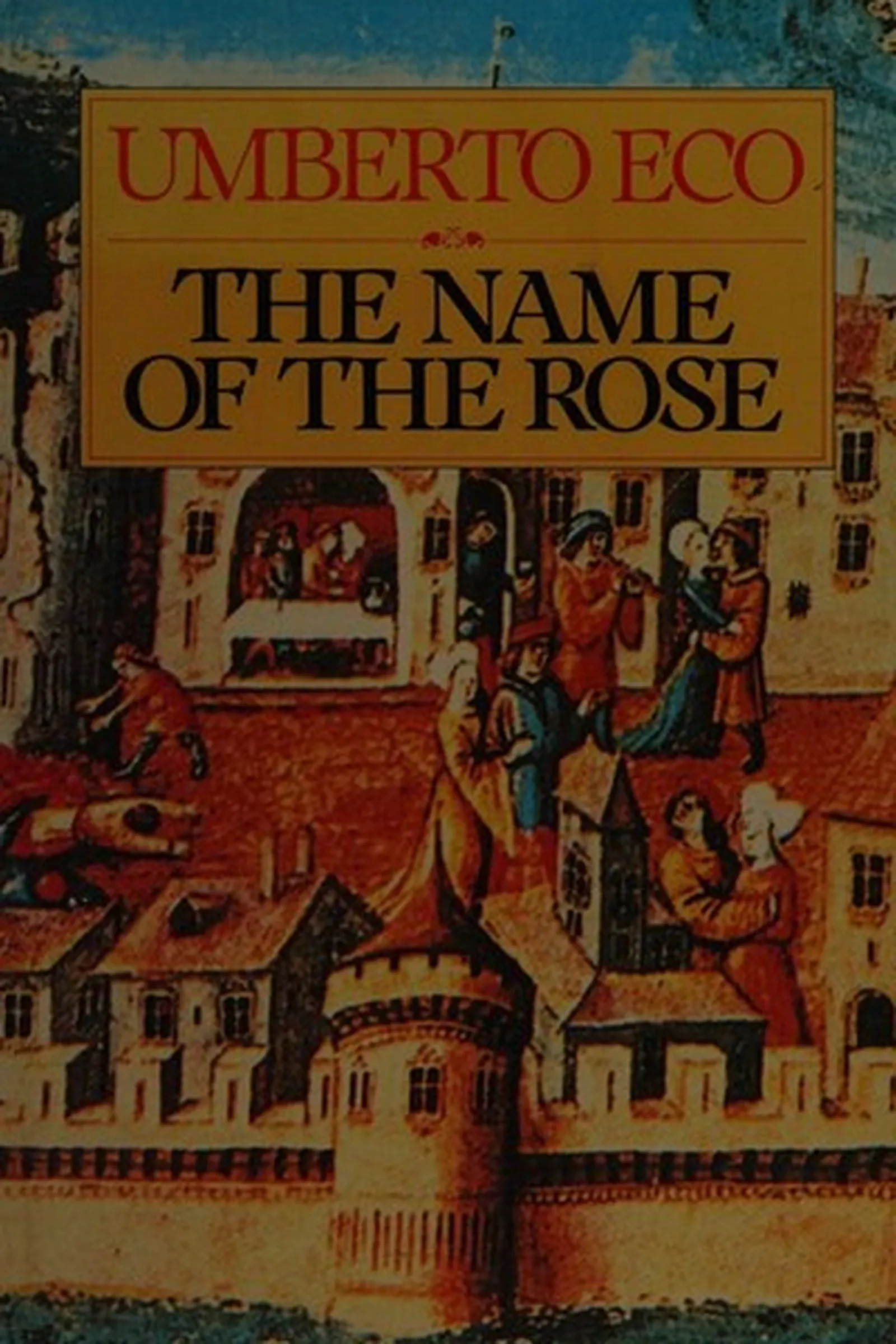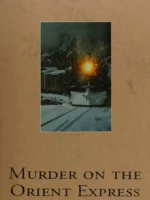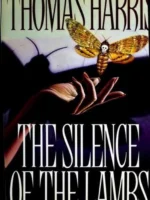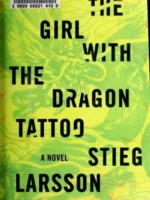The Name of the Rose, Umberto Eco, 1980
- Author: Umberto Eco
- Genre: Mystery/Crime
- Publisher: Harcourt
- Publication Year: 1983
- Pages: 512
- Format: Paperback
- Language: English
- ISBN: 978-0156001311
- Rating: 4,2 ★★★★☆
The Name of the Rose Review
The Name of the Rose by Umberto Eco is a medieval murder mystery wrapped in philosophy. Published in 1980, it follows the Franciscan friar William of Baskerville and his novice Adso through a series of deaths in a Benedictine abbey. For you, this book offers a rare mix: a clue trail with real stakes, a library as labyrinth, and ideas about truth served with genuine suspense.
Overview
Eco blends Sherlock style deduction with debates about heresy, laughter, and power. You will notice how each clue points to books, not just bodies: marginalia, missing volumes, a script that kills by design. The abbey’s library is both setting and metaphor: knowledge controlled becomes danger.
Summary
Called to mediate a church dispute, William instead faces a string of deaths that echo apocalyptic imagery. He maps the library, decodes a catalog, and follows a trail of poisoned pages. Without spoiling the final room, the solution turns on fear of laughter and the control of ideas. The fire that follows feels like judgment and warning at once.
Author
Umberto Eco writes with playful erudition and patient craft. He lets puzzles breathe while keeping characters human. You benefit from his ability to make scholarship feel like adventure.
Key Themes
You will explore knowledge as power and risk. You will see censorship as fear in formal clothes. You will consider faith and reason as partners that argue but should not part.
Strengths and Weaknesses
Strengths: ingenious setting, layered clues, and ideas that deepen the mystery instead of slowing it. Weaknesses: Latin and theology can feel dense if you skim. Overall: a thoughtful thriller that rewards close reading.
Target Audience
Great for readers who enjoy literary mysteries, historical settings, and stories where libraries are battlegrounds. Perfect for book clubs that like to argue about meaning as much as motive.
Favorite Quotes
Short lines stand out: books breathe, laughter frees, fear burns faster than truth.
Takeaways
For you, the key takeaway is simple: ideas are dangerous when locked up. Curiosity with humility is safer than certainty with chains.
| pa_author | Umberto Eco |
|---|---|
| ISBN | 978-9-351-32054-8 |
| pa_year | 1994 |
| Pages | 190 |
| Language | English |






